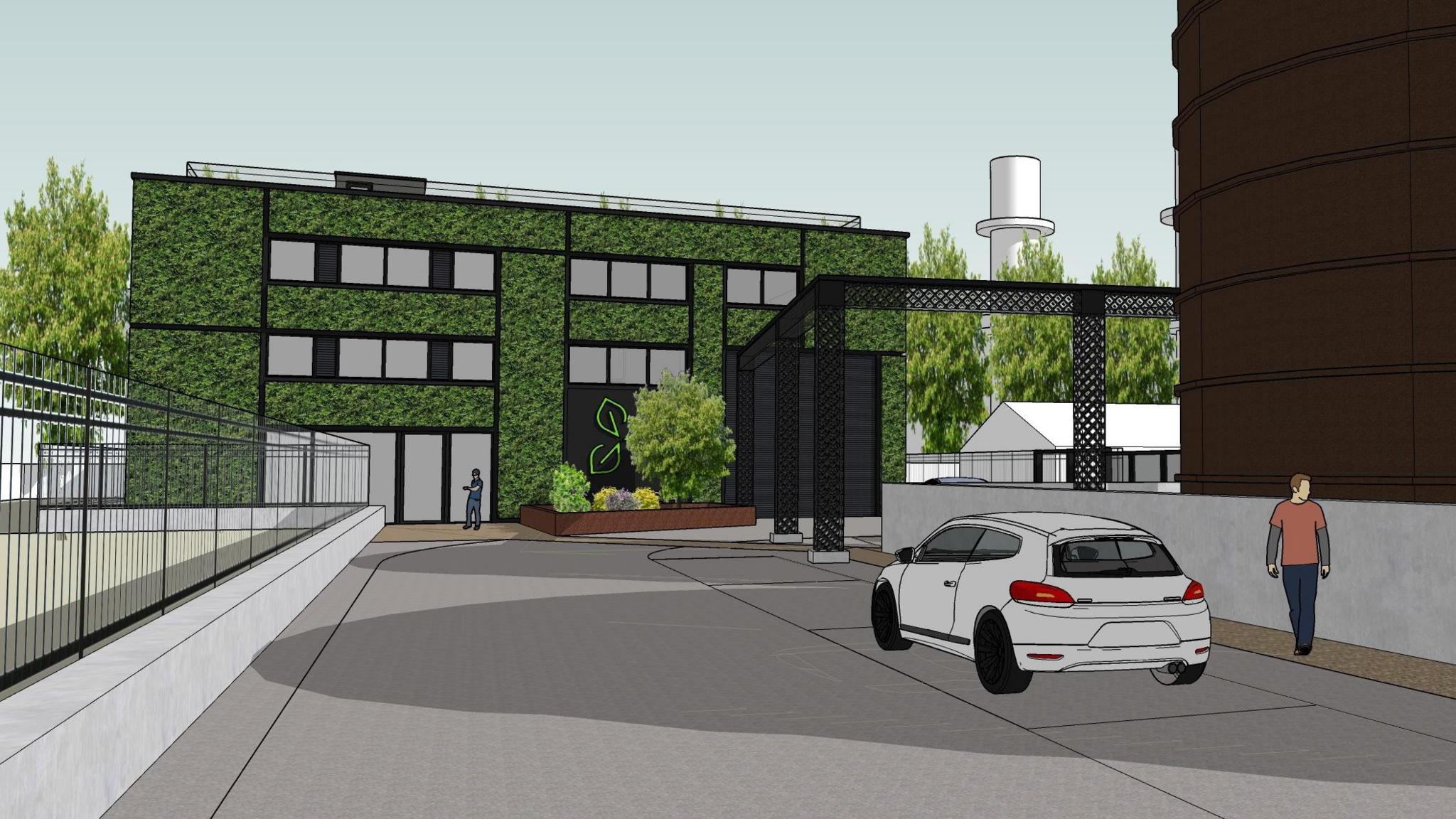Plans for new £50m biofuel plant approved

Medway Council has granted permission for an expansion to the Syntech Biofuel facility at the Kingsnorth Industrial Estate
- Published
A new £50m biofuel plant that will help power the Lower Thames Crossing Project, one of the largest road projects in Britain, has been given the green light.
Medway Council has granted permission for an expansion to the Syntech Biofuel facility at the Kingsnorth Industrial Estate on the Hoo Peninsula.
It will see a new 1,600 sq m (17,222 sq ft) building and associated infrastructure to convert waste cooking oil into biofuel - a low-carbon alternative to conventional diesel.
Tom Bingham, CEO of Syntech Biofuel, told the Local Democracy Reporting Service: "This is one of the stepping stones as part of our growth plan that will ultimately mean about 200 direct jobs come into the area."
He said the company planned to expand the site to help facilitate fuel for the major contractors on the Lower Thames Crossing project, which will connect Kent and Essex through a tunnel under the River Thames to help alleviate traffic on the Dartford Crossing.
The total site in Kent spans 1.05 hectares (2.59 acres) and will see new processing tanks, electric generators, landscaping and biodiversity enhancements.
Andy Somerville, director at Nexus Planning, said: "The project will revitalise an under-used industrial site while supporting green jobs and sustainable innovation in Medway."
The new plant is part of a £130m investment, with the money going towards the Kent facility and another near Grangemouth in Scotland.
Syntech Biofuel, which produces biofuel for commercial use in the transport and logistics sectors, makes about one million litres (264,172 gallons) every month, with this number expected to double by early 2026.
Follow BBC Kent on Facebook, external, on X, external, and on Instagram, external. Send your story ideas to southeasttoday@bbc.co.uk, external or WhatsApp us on 08081 002250.
Related topics
- Published5 January

- Published25 September
